
I was reminded of this on reading the latest novel for the Curtis Brown Book Group. Steven Strauss, twenty-something PA to the charismatic (and now deposed) founder of Resolute Aviation, Raymond Ess, is on a business trip to India with his boss. Since the company’s decline due to the collapse of a prestigious deal, Ess has been on sabbatical, or possibly sick leave. Returning to work with renewed vigour, Ess has a grandiose plan to rescue the company through the purchase of a remarkable invention he came across by chance when lost in rural India. Of course Steven doesn’t believe in the antigravity machine, but he’s persuaded to accompany his boss on his quest to find it in order to keep Ess out of the way while Resolute Aviation goes into receivership. What happens makes Steven – and we, the readers – question the boundary between madness and sanity. In the absence of gravity, what would keep us grounded to the real?

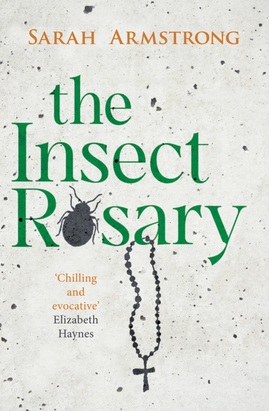

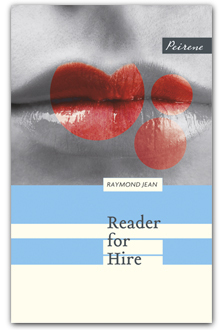
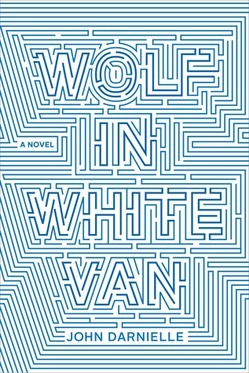

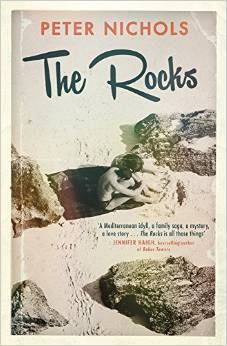
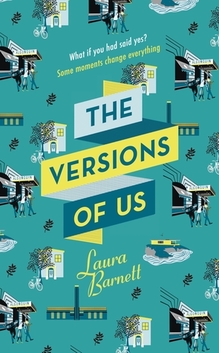






















 RSS Feed
RSS Feed





















